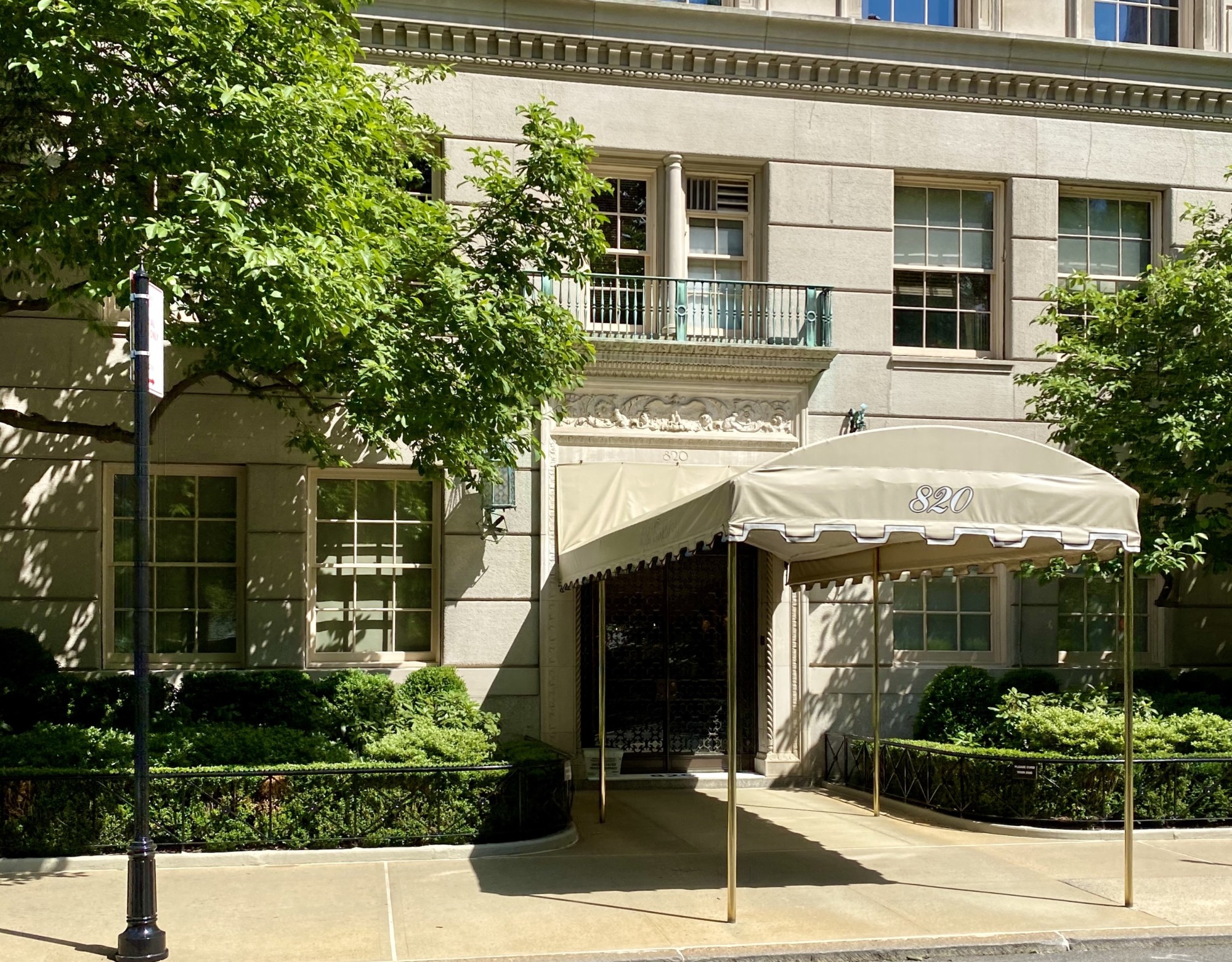Table of Contents Show
The home buying process in NYC can be different from other cities. One difference, which trips up many new arrivals, is the ownership structure of cooperative buildings. Here, co-ops make up the bulk of NYC’s housing inventory, about 75% of it by most estimates. Unlike condos, when you buy a co-op, you’re not buying real property. Instead, you’re purchasing the right to live there, almost like a rental lease. Covered under the proprietary lease, a document you’ll receive after the closing in place of a deed. It functions similarly, with some crucial differences.
Below, we’ve covered everything you need to know about proprietary leases in New York City. Don’t worry; you’ll still be a homeowner at the end of the day, but not how you might have imagined.
Co-ops and Proprietary LeasesCo-ops and Proprietary Leases
Owning a co-op apartment is not the same as owning a condo apartment or a single-family home. When you buy a co-op, you’re not buying “real property.” This means you don’t receive the same rights of use as a freehold condo purchase. Instead, you are buying shares in a corporation – the number depends on the size of your co-op unit. This makes you a shareholder in the cooperative. In return for this, you’ll receive a proprietary lease, a contract between you and the co-op’s board of directors.
The proprietary lease lays out your relationship with the cooperative and regulates the rules of your residency. However, this doesn’t make you a tenant, as defined under New York rent regulation laws. While you own the property, you do not own it freehold; the cooperative does. Instead, you are a shareholder, with your relationship with the cooperative governed by the terms of the proprietary lease and New York State business law.
Every shareholder gets the same lease. Any changes to the proprietary lease require a two-thirds majority of the owner’s shares. If that happens, then each shareholder will receive a new lease. Co-op boards prefer a lease term of 25-30 years and not much more to avoid triggering the transfer tax and potentially capital gains.
Difference Between Proprietary Lease and Co-op BylawsDifference Between Proprietary Lease and Co-op Bylaws
The proprietary lease is part of two important documents you’ll receive as part of your co-op purchase; the other is the building’s bylaws. These dictate the building’s management and organization. By contrast, the proprietary lease deals with the rights and responsibilities of the shareholder and the cooperative. Covered here will be the board election rules, compensations for officers and directors, and the co-op grants’ powers to its shareholders.
Shareholder’s Rights and Responsibilities According to the Proprietary LeaseShareholder’s Rights and Responsibilities According to the Proprietary Lease
Covered in the proprietary lease will be the responsibilities of each shareholder. For instance, shareholders are responsible for handling any repairs on their unit. At the same time, windows and radiators will be handled by the co-op board.
Also covered will be regulations on the handling of renovations. While the shareholder owns the property, there are usually severe restrictions on their ability to alter it. The shareholder must first apply for authorization by using an alteration agreement to undertake any major renovations. This can be a hurdle, requiring detailed blueprints and a schedule that will not disrupt your neighbors. It will never get off the ground if the board does not approve your renovation plan. Faulty work could also cause the property to lose some of its value, impacting other units. Difficult to accept but meant to protect the corporative and shareholders’ best interests.
Cooperative’s Rights and Responsibilities According to the Proprietary LeaseCooperative’s Rights and Responsibilities According to the Proprietary Lease
The proprietary lease will also detail the essential functions and responsibilities of the cooperative. This boils down to maintaining the building and keeping it in good condition to benefit all shareholders. Also detailed will be how the cooperative will contract for services and repairs and comply with local, state, and federal laws. To cover the costs of this, a monthly maintenance fee will be required from each shareholder. These fees usually fall on the 1st of each month and may include special assessments (one-off projects or repairs) that each shareholder must pay their share.
While shareholders are responsible for maintaining their units, the cooperative reserves the right to access your unit with sufficient notice; however, advance notice is not required in the case of an emergency. Also, the co-op can order an inspection to check for violations and leaks or to investigate complaints. For liabilities, shareholders are required to have proper home insurance. Any damage to the unit that results from the shareholder’s negligence is entirely their responsibility.
There will also be details regarding the house rules, which are subject to change and must be followed by each shareholder. Repeated infractions of the house rules could result in a default of the proprietary lease and the loss of your apartment. Other things that could result in your unit repossessed include bankruptcy, unauthorized subletting, a default on maintenance fees, or objectional conduct by the shareholder.
Final ThoughtsFinal Thoughts
Anyone looking to buy a co-op apartment should review the proprietary lease before purchasing. You should understand your duties and responsibilities According to the proprietary lease, even more so if you are already a Co-op shareholder. Have your real estate attorney review it during their due diligence. When closing, your bank or attorney will receive a copy.

